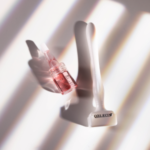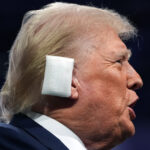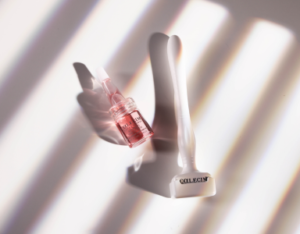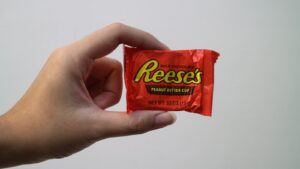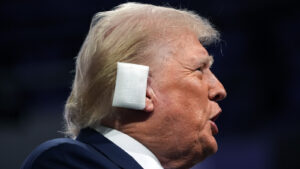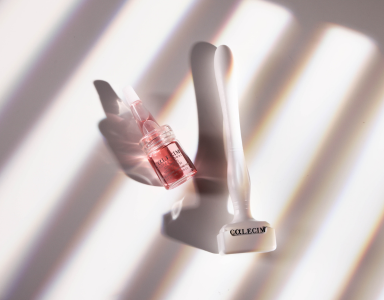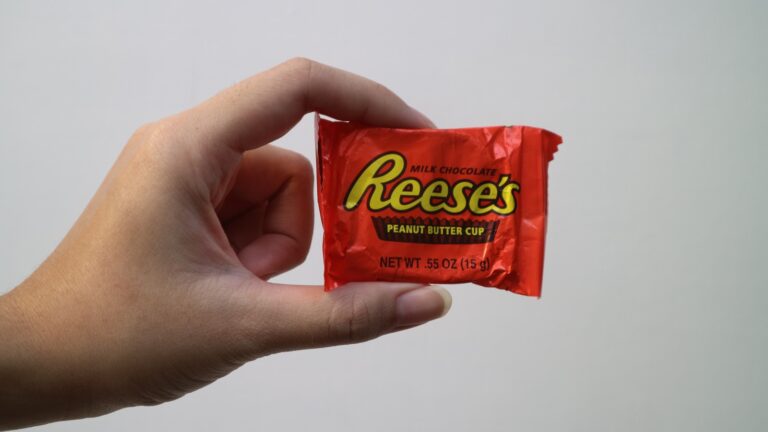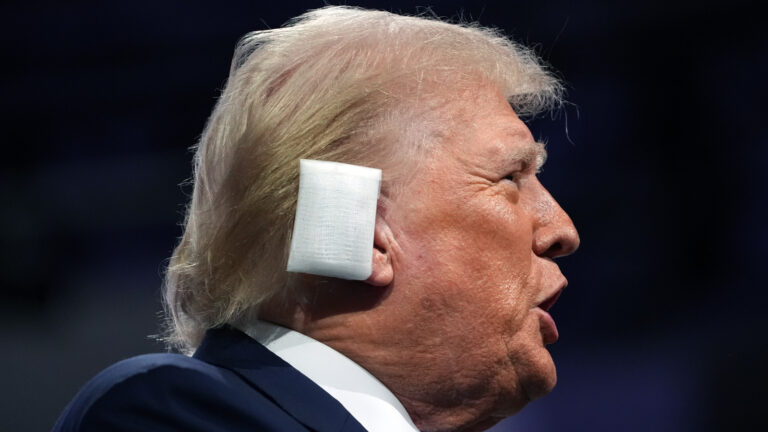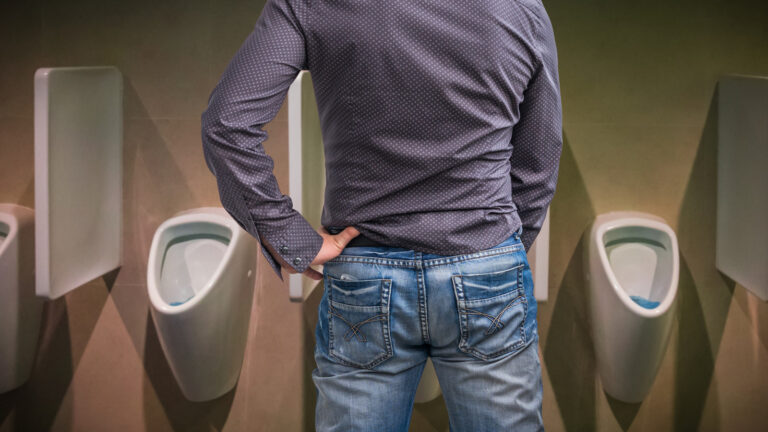
Aside from dehydration, some medications can also cause dry mouth, which may give you a false sensation of thirst. These medications belong to either a group of drugs called anticholinergics or a different class of drug with anticholinergic properties.
Anticholinergic drugs block the neurotransmitter acetylcholine, a substance secreted by nerve cells to send signals throughout the body (via StatPearls). By blocking acetylcholine, anticholinergics are able to relax muscles, block secretions like saliva and sweat, and prevent vomiting. They are used to treat a wide variety of health conditions, such as allergies, asthma, COPD, depression, overactive bladder, Parkinson’s, and vomiting. They are also sometimes used during surgery to prevent movement.
Aside from dry mouth, other side effects associated with anticholinergics include blurry vision, headache, rapid heartbeat, flushing, increase in body temperature, urinary retention, and changes in behavior. Examples of common anticholinergics and drugs with anticholinergic properties include atropine, glycopyrrolate, scopolamine, antidepressants (e.g., amitriptyline, paroxetine), antihistamines (e.g., hydroxyzine, diphenhydramine), antipsychotics (e.g., clozapine, haloperidol), antiepileptics (e.g., carbamazepine, oxcarbazepine), muscle relaxants (e.g., baclofen, cyclobenzaprine, tizanidine), opioids (e.g., tramadol, meperidine), antiparkinsonian drugs (e.g., benztropine, amantadine), and medications used to treat GI issues (e.g., loperamide, meclizine, ranitidine, promethazine).
If you are experiencing dry mouth and you think it may be associated with a medication you are taking, speak with your doctor so that they can help you identify which one may be the culprit and help you find a possible alternative.
